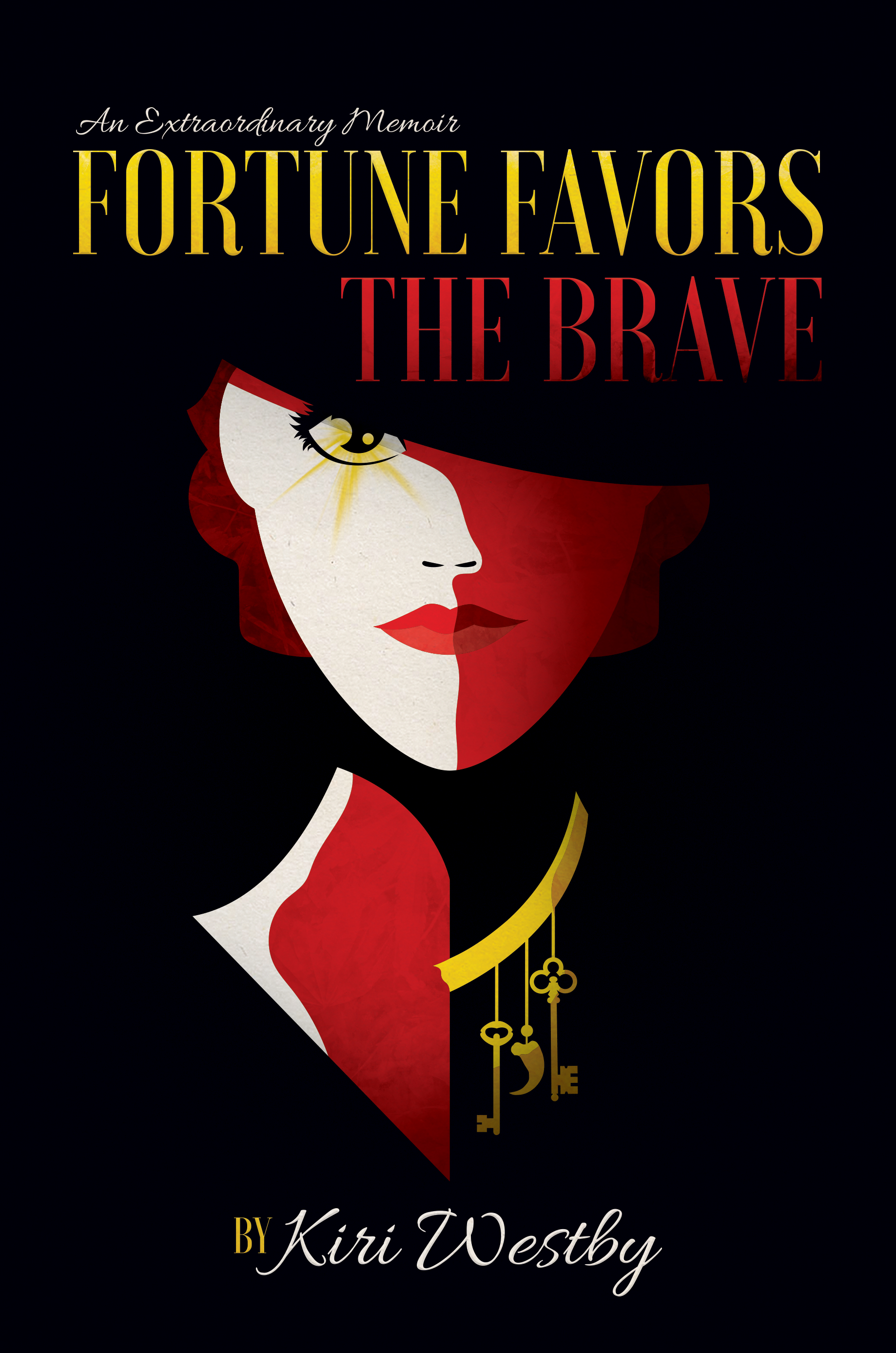In the beginning of 2020, 7.5 billion people’s lives simultaneously came under attack by an infinitesimal foe. As we collectively turned to facedown this novel enemy, we often failed to work together across borders, protect the most marginalized and exposed amongst us, nor heed warnings from those who’ve come through such crises before.
People living in the United States now find ourselves confronting a second deadly surge of Covid-19, with fewer global allies, just as fatigue, misinformation, and divisiveness spread rampant alongside the virus. Many of us are desperate to find new ways to cope and stay afloat in such a sea of change and uncertainty.
In my debut book, Fortune Favors The Brave: An Extraordinary Memoir , I share critical lessons imparted to me by frontline activists who have been plotting, organizing, strategizing, documenting, and winning against injustice and violence for decades. Western leaders continue to overlook the specific knowledge and effective tactics that have arisen from global struggles against armed conflict and deadly diseases in our past. Instead, we blindly stumble through the most massive socio-economic crisis in a century, as if we haven’t been here before.
To help us all feel better equipped for the challenging months ahead, I share the top five lessons I learned from feminist, anti-war activists on the frontlines of armed conflict, all of which can be applied to today’s pandemic:
1.) Become part of a chorus. No one person can carry the weight of struggling against systemic oppression, economic collapse, failing health, or pandemic-racism alone. If you try, you’re bound to flare up and quickly burn out. Think of your contribution instead as a note within a broader chorus for change. If we spell each other, and each breathe when we need to, we can sing a song—or a sustained cry for change—for as long as we want. Knowing when to join in and, just as important, when to rest, is precisely how frontline activists build resiliency for the long haul.
2.) Adapt or be left behind. Human evolution can easily be re-framed as a “lack of personal freedom to stay the same,” as we’ve seen in rallies nationwide, but the repeated lesson of history is “adapt or die.” Nowhere is that clearer than in the middle of a pandemic. You may not “want” to wear a mask, but the fact remains that wearing one is the safest way to protect your family and your community. Throughout history, people have denied the realities of plagues, and throughout history, those same people have died alongside their ignorance; the choice is yours.
3.) Inaction compounds trauma. Whether you recognize it or not, the entire human race is in a state of “fight, flight, or freeze” caused by the trauma of losing loved ones, livelihoods, and any secure sense of what our collective future holds. While inaction can be healthy— even useful to begin with—eventually, you have to move. One way out of that frozen state is to find ways to be effectively helpful within your directly impacted community. Start by helping—anyone, anywhere—and watch how much easier it becomes to function and start to meet your own needs; this can be as simple as delivering groceries to a neighbor in need.
4.) We’ve been here before. Humanity has faced pandemics and world wars before, and we’ve always come out stronger and smarter. We do that by listening to the mistakes of our ancestors and refusing to repeat them. Today that means studying successes from around the world and demanding our leaders implement them, regardless of politics. New Zealand, Taiwan, Iceland, South Korea, and Germany have made extraordinary gains against the virus’ spread. Yet, arrogance and greed propel other world leaders to ignore such achievements while sacrificing more human lives for profits. Know your history or be doomed to repeat it, as they often say.
5.) Throw out the old playbook. When all else fails, and no government is coming to save you, it’s up to us to build and lead new systems that serve new realities. This is how mutual-aid collectives arise. Activists in war zones are often the first to adopt orphans, create programs for feeding and housing the displaced, build ad-hoc childcare, schools, and income-generating programs to uplift entire affected communities. Each of us can create such form out of chaos, but none of us can do it alone. I’ve learned that the key is to remain flexible and rely on the combined skills and resources of one’s direct community. We must think and act as part of an ecosystem and not as self-serving individuals—which may be the entire underlying message of the pandemic we’re all facing.

